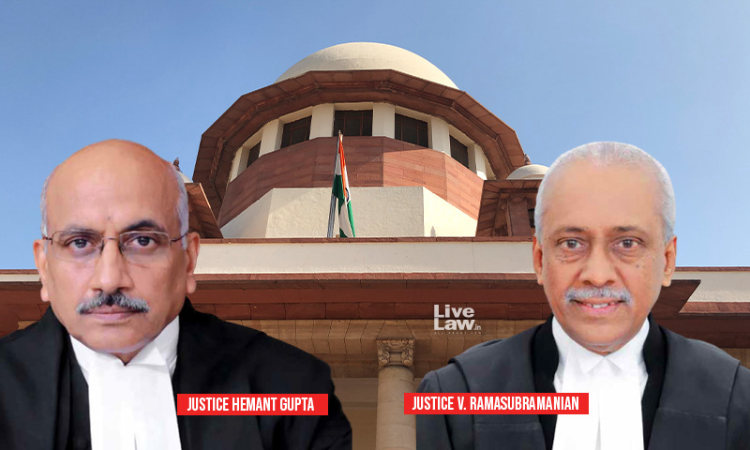Section 92 Evidence Act - Oral Evidence Admissible Only To Show That The Document Is Sham: Supreme Court
Sneha Rao
1 Oct 2021 9:16 PM IST

Next Story
1 Oct 2021 9:16 PM IST
The Supreme Court has observed that Section 92 of the Indian Evidence Act bars giving of oral evidence on a written document except to prove that the document reflects a sham transaction."...the oral evidence of a written agreement is excluded except when it is sought to be alleged the document as a sham transaction", a bench comprising Justices Hemant Gupta and V Ramasubramanian observed in...
